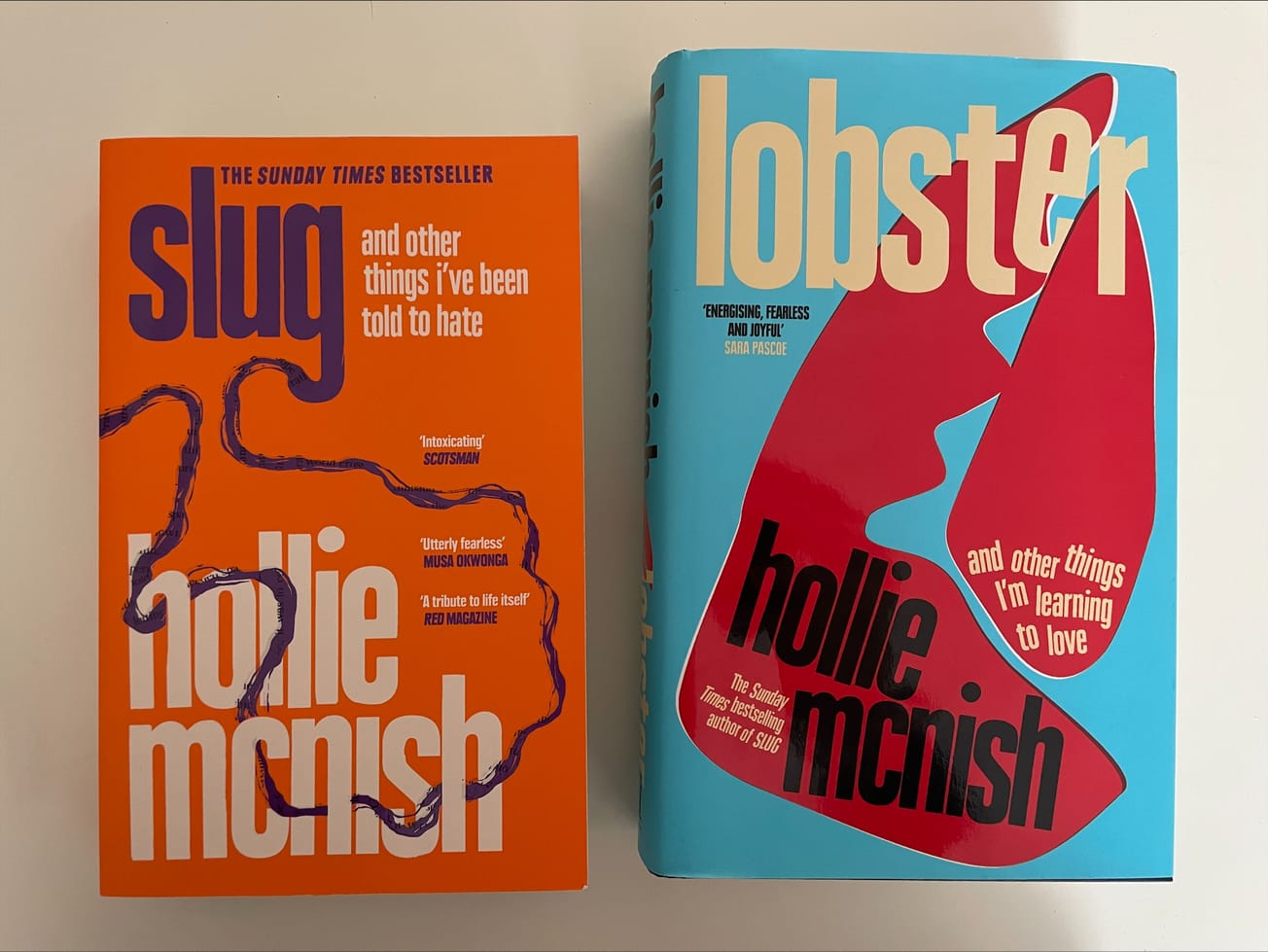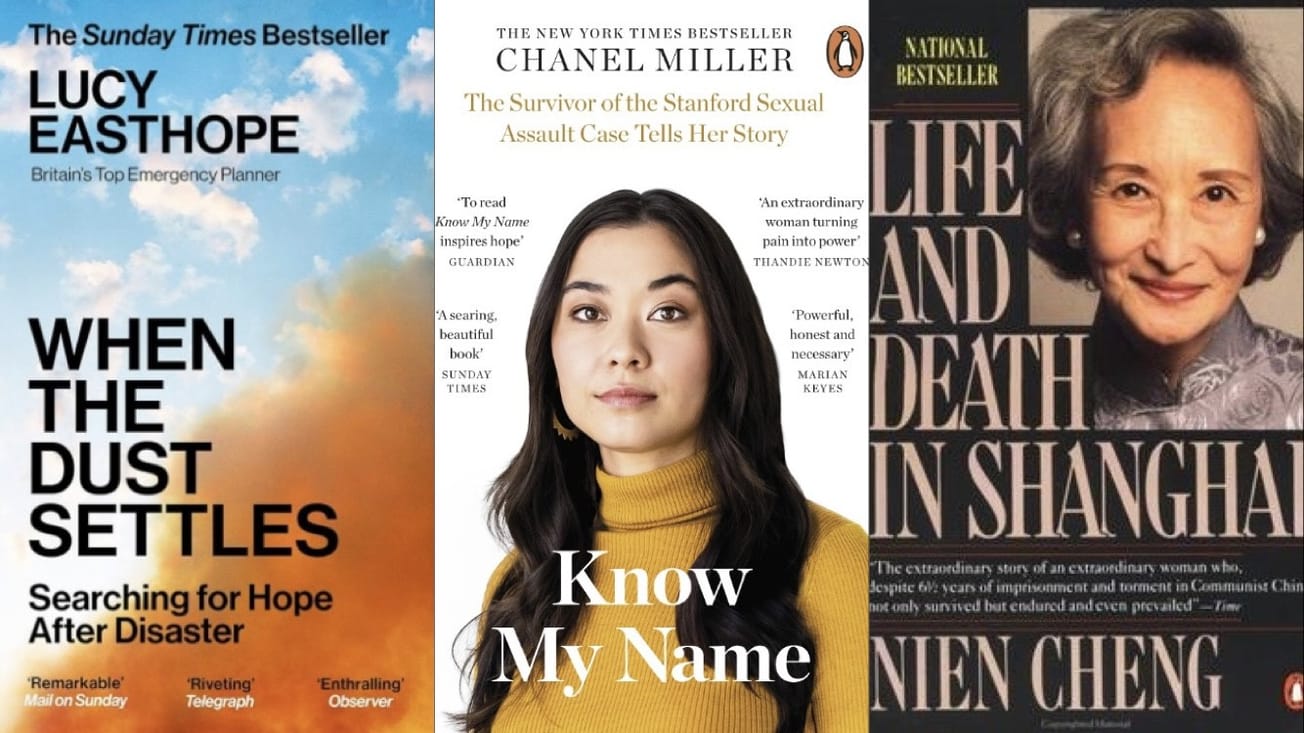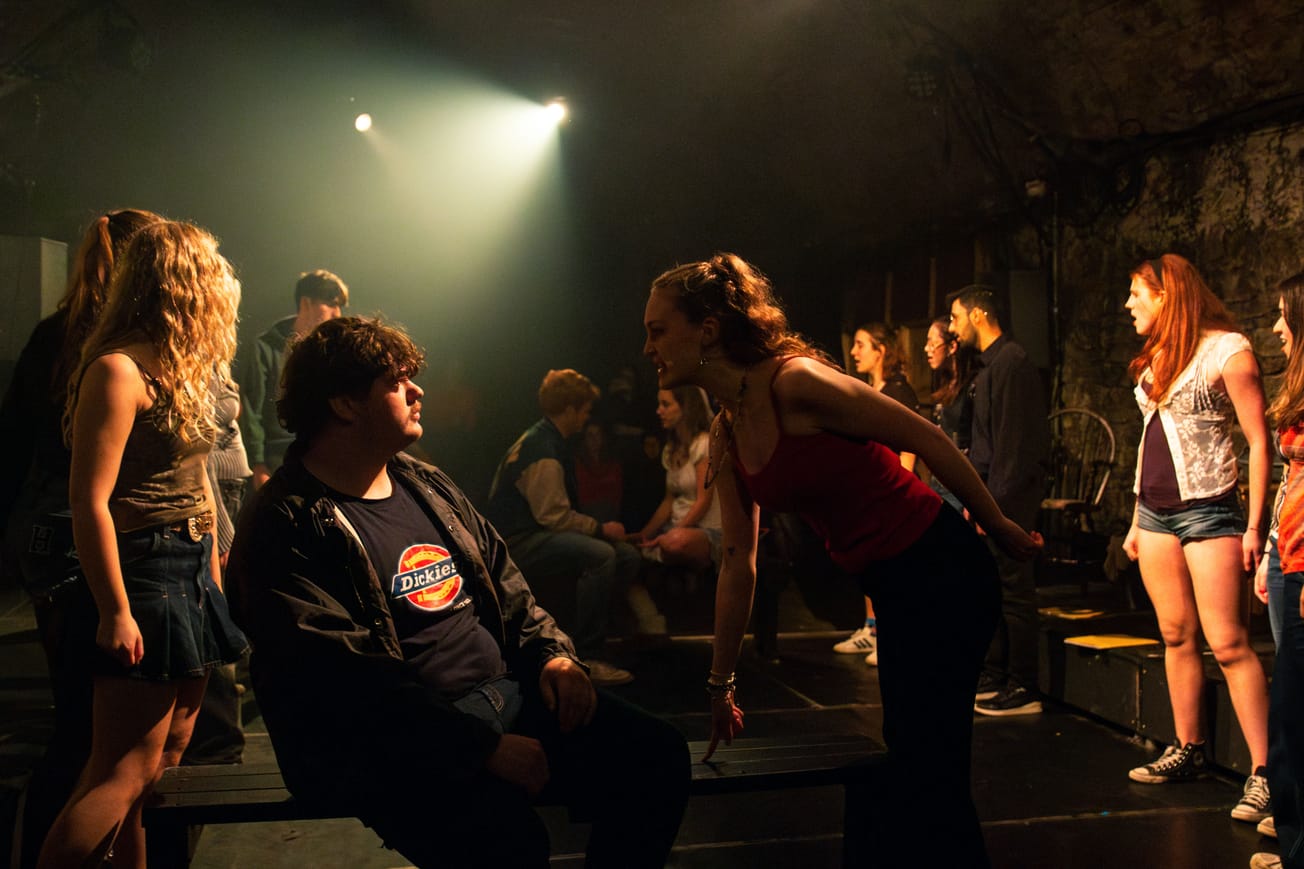By Livi Player, Arts Editor
Epigram Arts was lucky enough to be invited to the book launch of a new and honest career guide by Lucy Clayton and Steven Haines titled How To Go To Work. The book is an insightful, informative and funny book about the honest advice that no one ever tells you at the start of your career.
Stating they were bored of hearing employers saying that young people weren’t ready for the world of work, Clayton & Haines set out to change that. Authors founding CEO Lucy Clayton and education policy advisor Steven Haines tell us what really matters when starting your first job and new career. The book is witty, universal and easy to coordinate - being separated into 9 sections some simply and effectively labelled as ‘The Early Days’, ‘The Bad Days’ and ‘The Every Day’. I found I could dip in and out of each section of the book depending on what I wanted to read and what suited my interests best with its wide range of practical advice from finding the right work experience to navigating the ups and downs of starting your career. Throughout the book, Clayton and Haines draw on the collective wisdom of CEOs, creatives, scientists, politicians, and professionals in every industry under the sun (so there is lots to take in).
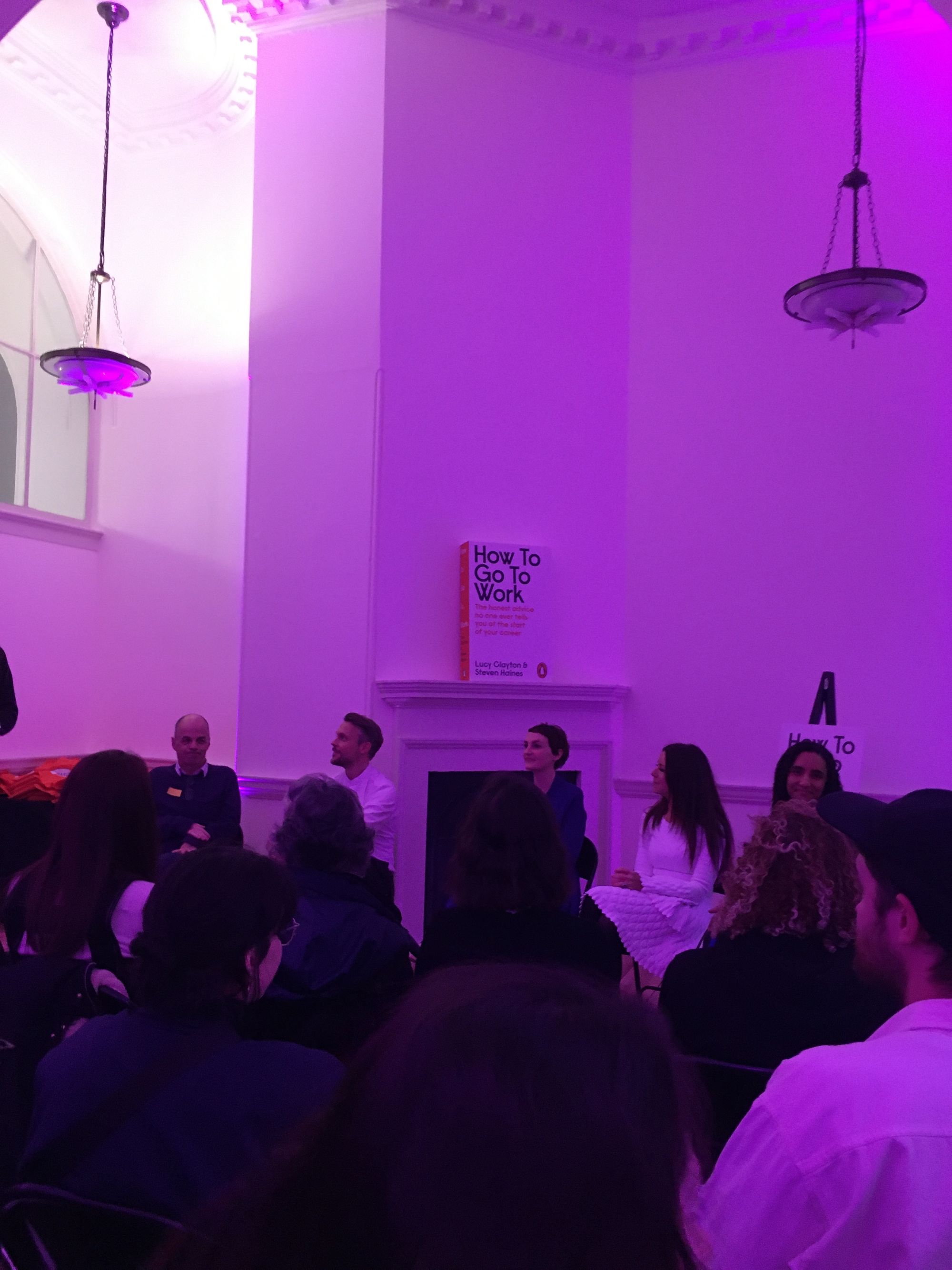
Such a young people focused career guide I found was very inspirational, with its witty moments of funny personal stories and serious helpful tips from how to get into the industry you want, to dealing with bad bosses.
The event, supported by the Creative Job Studio, took place in Somerset House in London, opening with a Q&A with a wonderfully diverse panel of contributors: Kathleen Saxton (The Lighthouse Company, Recruitment), David Ruebain (Conservatoire for Dance and Drama, Education), Catherine Ritman-Smith (V&A Museum of Childhood, Education), Martina O’Sullivan (Penguin Random House, Publishing) and Steven Haines the co-author of How To Go To Work and education policy advisor. The panel allowed audience members and young people like myself to have the opportunity to quiz extraordinary talent from such a broad field of industries. Upon introducing themselves, each panellist stated their job title and who they were, but one particularly nice touch for me was their choice to also state what their first job was - from Saturday jobs age 16 to part-time jobs which I felt resonated with the audience showing that everyone starts somewhere when in the world of work.
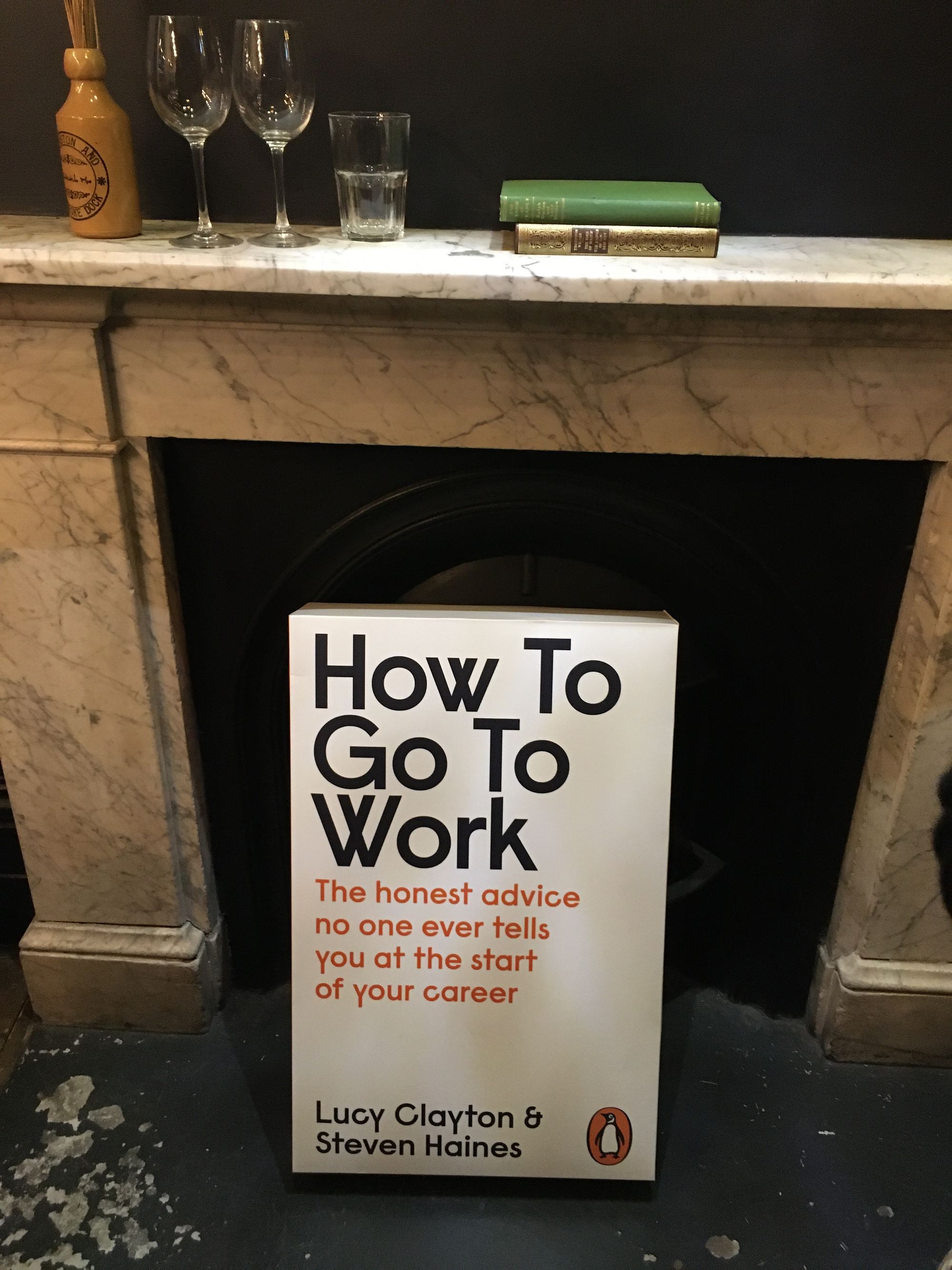
There were some useful take homes from the panel, one particularly inspirational one came from Kathleen Saxton who spoke of the importance of putting your hand up and showing people what you can do, that demonstrates your energy and spirit in any job or application as she stated, ‘nothing is as infectious and enthusiasm’. When asked about interview questions, she said questions that often crop up in interviews nowadays are tricky ones about yourself that you may not necessarily predict, such as ‘when was the last time you were professionally vulnerable?’
|Career catastrophe? How to break into the arts
David Ruebain later stated the importance of really being yourself both during an application process and in your job, he said ‘be as authentic as you can - they’ll really see something there.’
I loved Kathleen Saxton’s answer to a question on how to tailor applications and interview answers, she said ‘ask yourself what kinds of people thrive in that organisation’ as that will really give you a clue to the culture of the industry and you’ll really start to understand the organisation and how they work.
After speaking to several of the panellists in a more intimate Q&A style chat after the panel, some truly stand out advice resonated with showing your curiosity in everything that you do, both before and during any job you might have. Make the effort to research the job you are going for and tailor your covering letter to the organisation or company, even simple things like finding out the name of who you are actually addressing in your covering letter truly makes a difference to any employer’s first impressions of you.
I learnt the importance of skills over experience through talking with the contributors - which as a young person who doesn't have 10 years of experience under their belt is a bit of a relief - and really bigging up what skills you have and how you gained those skills.
Featured image credit: Livi Player
Have you read How To Go To Work before? What did you think of it as a student?



